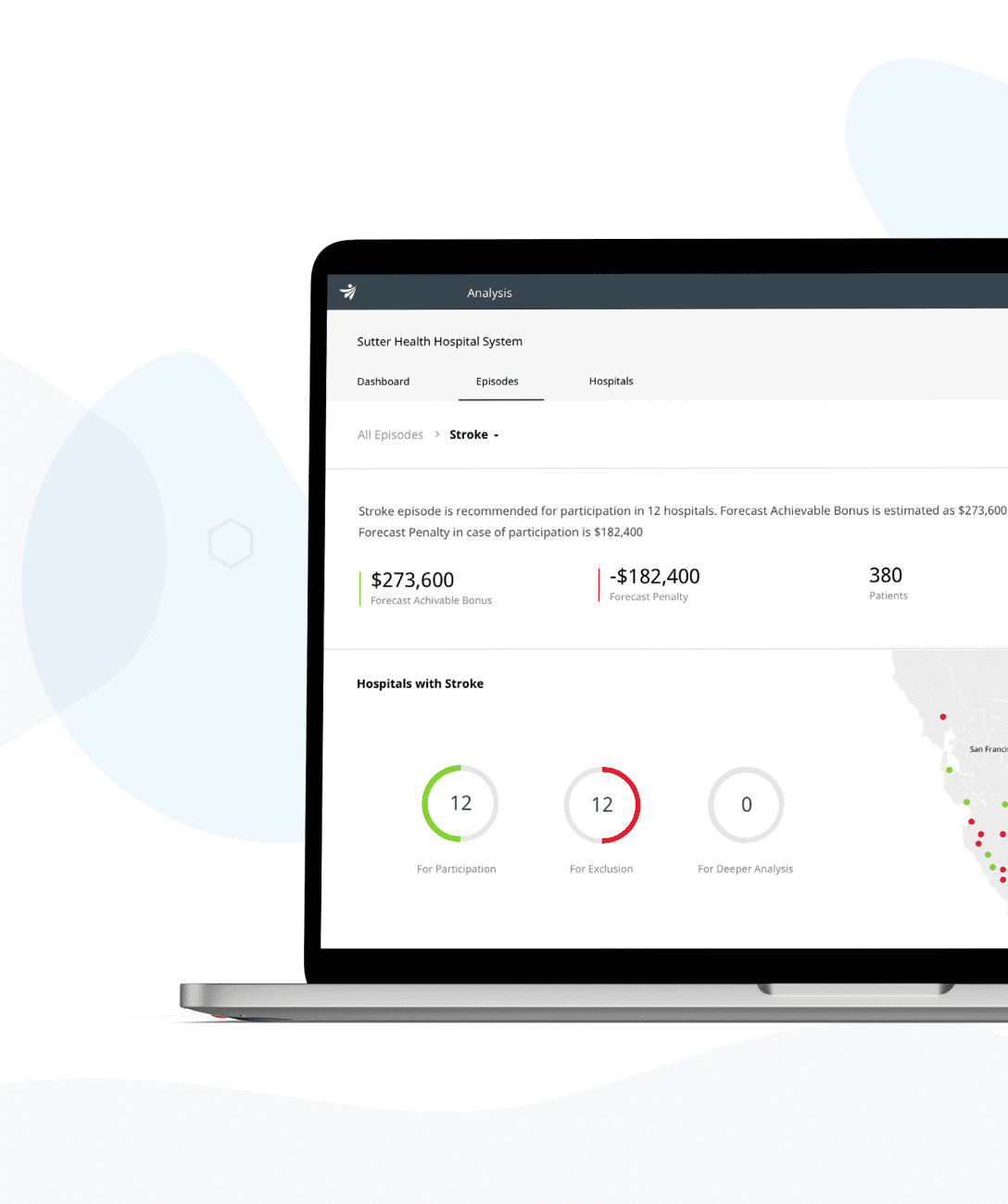
Helping ZEISS digitally transform the eye exam
Industry
Healthcare & Life Sciences
Service Line
End-to-end product development

Overview
Founded in 1846 and headquartered in Germany, ZEISS Vision Care is one of the largest optics and optical equipment manufacturers globally. To ensure their continued success, ZEISS wanted to digitally transform their product-service offering, transitioning from providing purely physical products, such as optics and equipment, to also offering digitally connected and enhanced solutions.

✓ Winner of a 2020 UX Design Award and 2021 iF Design Award
✓ ZEISS retail partners can reduce reliance on on-site optometrists, decrease overhead, increase revenue and better serve customers
✓ Optometrists are able to create a virtual eye practice, in parallel with their physical one, and offer a remote eye care service as a way of expanding their practice
✓ Developed a scalable, HIPAA-compliant solution that can support up to 1,000 physical locations
✓ Passed third party penetration (security) testing to check our readiness for HIPAA compliance
✓ Created support for remotely medical diagnostic hardware reducing the necessity for on-site optometrists
✓ Supports secure file exchange, screen sharing, HD video quality and digital signatures for prescriptions
✓ Doctors can access and control ZEISS’ diagnostic hardware via a remote connection
✓ Designed and developed scheduling system for patient visits
✓ Navigated regulatory challenges including BAA agreements and ISO standards
The idea
ZEISS Vision Care sells through many channels, including vision care centers in retail stores. This is a convenient way for eye-care customers to get their eyes examined or buy new spectacles on the spot. However, an optometrist, who is uniquely qualified to provide a prescription for lenses, may not always be available at the time customers stop by.
This often means that customers simply go elsewhere, and ZEISS and their retail partners miss out on potential sales and revenue. In addition, optometrists are often underbooked at their practices due to a lack of patients, especially when they are located in remote areas. ZEISS set out to address these identified challenges by creating a telemedicine platform that connects patients and optometrists. This way, optometrists are able to provide eye exam services to patients remotely, via an online service that is easy to use and creates a trusted relationship between all involved.
ZEISS turned to Star to make this vision a reality!


Testimonials
“We enjoy working with Star particularly because of their outstanding solution- and goal-oriented thinking! They are always very motivated to accompany us on unused paths and even taking the lead and find ideas, no matter if it was a rough or precise briefing. The directions and solutions we get from them are always valuable, based on solid work and usually exceeding our expectations… as if they had understood exactly what we need - sometimes, without us even knowing ourselves!”

Inkeri Klomsdorf
Head of Remote Platforms, ZEISS Vision Care
Project
Star worked with ZEISS Vision Care to help bring the remote eye exam service to life. On the basis of ZEISS’ early vision, and a series of discovery workshops, Star helped ZEISS to define the overarching service design, especially as it concerns the ideal workflow for all participants in the digital service. In the course of the initial discovery phase, the Star design team explored, prototyped and tested various pre-versions of the final solution in an iterative way. Thanks to the user insights gained during this process, Star was able to conclude the phase with a validated blueprint for the subsequent implementation phase.
Eventually the engineering team at Star translated the proven concept into a running system.
Today, the first version of the VISU360 platform is live, fully functional and, most importantly, secure, thanks to full HIPAA compliance. Using the solution, optometrists can manage their personal availability and get a full overview of their schedule. This way, optometrists can reduce idle time and service more patients at their preferred time of day. They can connect to the vision center remotely via video conference and perform the required services of reviewing the customer’s eye exam and prescribing new lenses. On the other hand, vision centers are now able to offer professional eye care services to their customers at any time during their opening hours.

Star says
“ZEISS Vision Care wanted to evolve its single-point, vision diagnostic platform to provide virtualized prescription eye care solutions. By partnering with Star to invent a category defining and secure Telehealth platform, it’s not only achieved that goal, but also generated market demand for its timely, clinical quality eye exams way beyond expectations.”
Perry Simpson,
Executive Director, US West
Star insights
What we discover from each project opportunity applies not just to our ongoing and future projects but even to how we do things internally at Star.
On your journey to creating healthtech innovation, consider these essential digital health engineering lessons taken from our ongoing collaboration with ZEISS:
- Identify inefficiencies in existing services and value chains: Can a workflow be automated? What parts of interactions can be optimized? Are there regulatory prerequisites to take into account before we begin a new project?
- Understand your partners’ ecosystem and their teams: Connect the dots and identify opportunities for synergies, automation, task delegation.
- Map out journeys to get the task done and reach the goal: This is precisely what we mean when we say, “At Star, we’re driven by endgames.”
- Speak their language: Both literally and metaphorically. Create a UX individually tailored for each stakeholder, whether that is a clinician, provider, user, or anybody.
- Ensure scalability: Create the building blocks, foundation and localization from the start. That’s how VISU360 can support up to 1,000 physical locations.
- Think compliance first: Everything in digital health must be built on compliance to guarantee a long term future and hopefully FDA and/or other regulatory body approval.
Project scope
Service lines
- Product management
- Project management
- Design
- Engineering
- Quality assurance
- Development operations
Technology
- Node.js on back-end;
- React, Rx on front-end;
- integrations with DocuSign, Twilio,
TokBox, ZeissID; - connection to ZEISS devices through
the VPN channel; - all hosted in MS Azure cloud.
Share
Share


